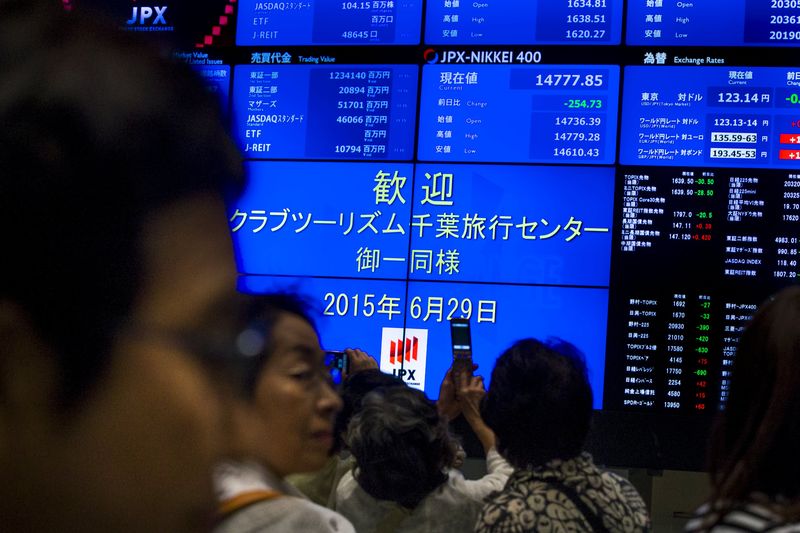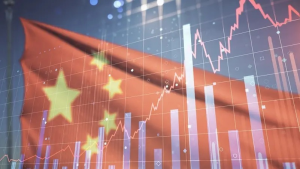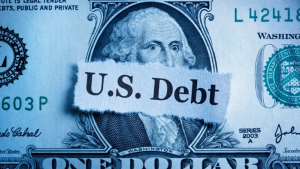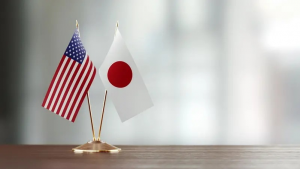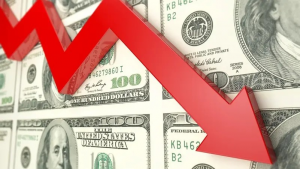Japanese stocks are expected to see an improved return on equity in 2025, BofA said in a recent note, citing a limited impact from U.S. trade tariffs on China and a pick-up in domestic growth.
BofA noted that Japanese markets had declined in recent weeks amid some uncertainty over what a Donald Trump administration will entail for U.S. policy. But this trend is unlikely to continue, especially as Japanese companies began enacting share buybacks.
BofA said the U.S. could impose “relatively large” tariffs on China in 2025-2026, with analysts predicting tariffs to rise to around 40% by late-2025, from current levels of around 20%. This is likely to dent the Chinese economy.
While increased tariffs had dented Japanese markets during Trump’s first term, in 2018-2019, BofA said the current landscape differed.
The brokerage noted that the COVID-19 pandemic lowered Japanese firms’ reliance on China, while increasing their dependence on the U.S. The U.S. and Chinese economies were also less reliant on each other, reducing Japan’s exposure to any major trade headwinds between the two.
“We see tariffs on Chinese and Japanese exports as a risk to Japanese stocks in 2025, but we do not expect them to suffer the kind of indirect negative impact seen in 2018-19. We therefore expect less of a hit to Japanese stocks in 2025,” BofA analysts wrote in a note.
On the domestic front, BofA said Japan should also benefit from several positive factors. The brokerage expects Shunto wage negotiations to result in strong hikes early next year, further underpinning private spending.
Barring any sharp increases in the yen, Japanese corporate earnings are also set to increase, pushing up ROEs.
BofA recommended focusing on stocks that will benefit from high inflation and will not be pressured by rising interest rates. The brokerage also recommended stocks with better corporate reforms, as well as those that will have limited exposure to Trump’s tariff plans.

